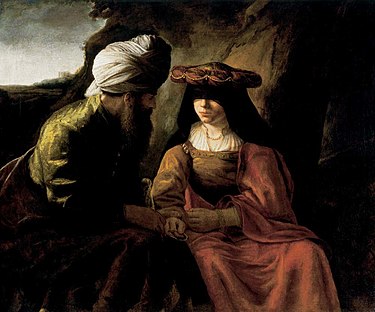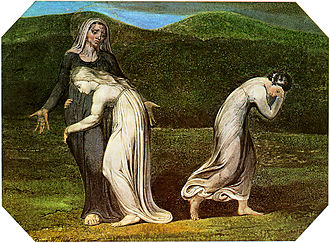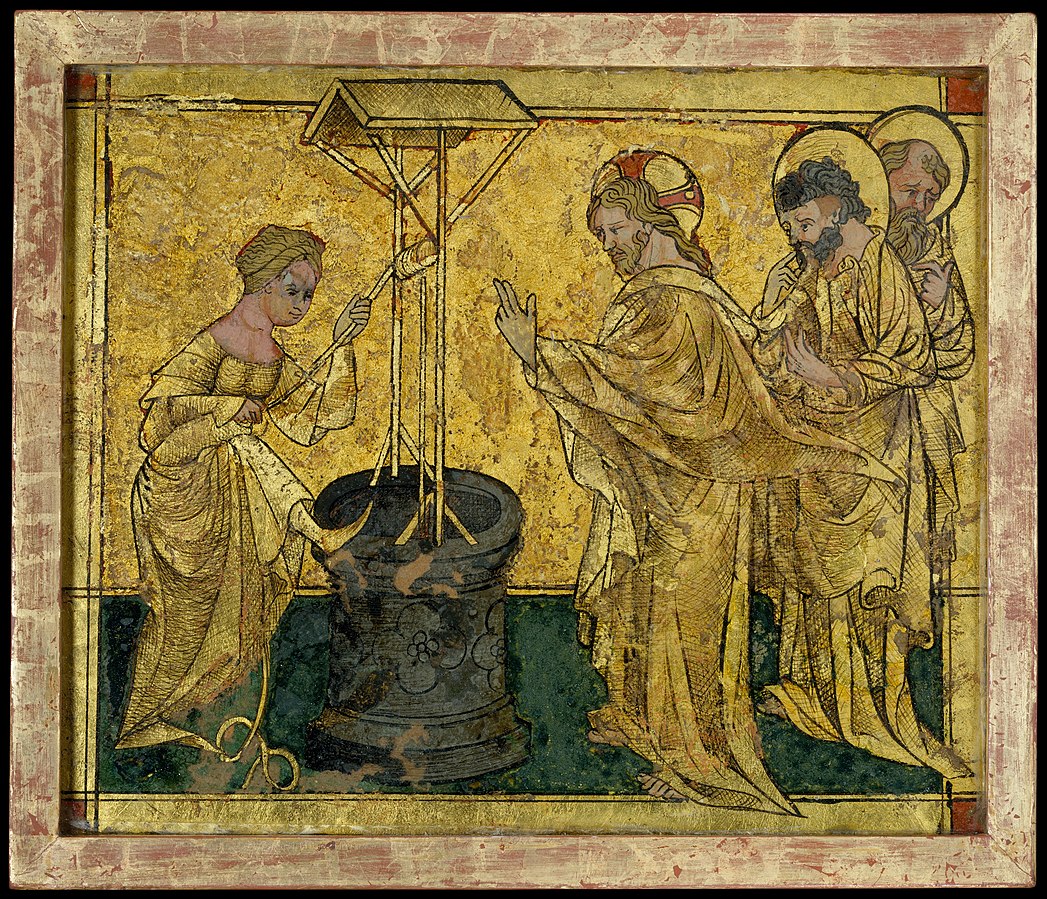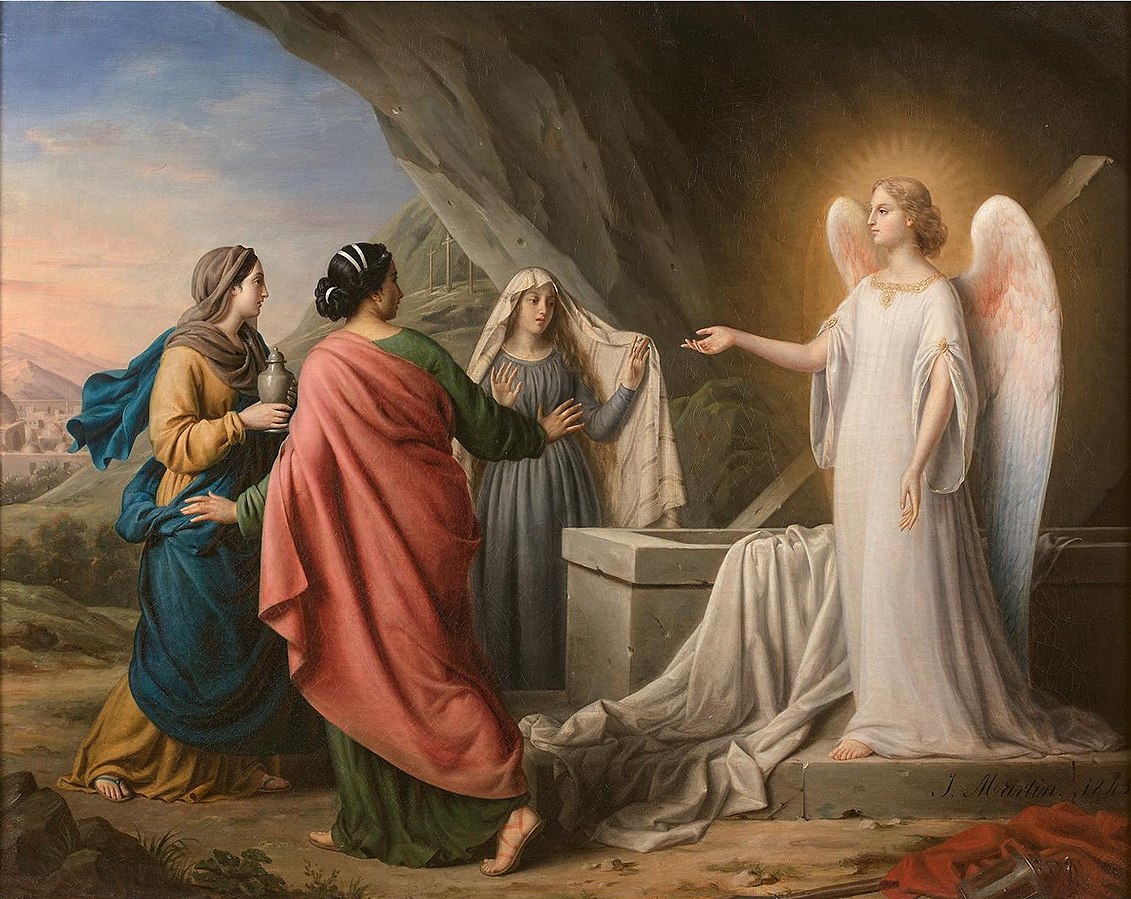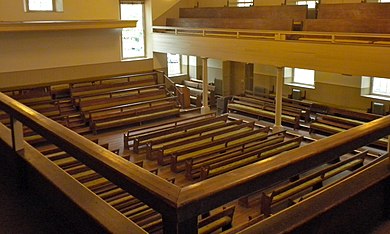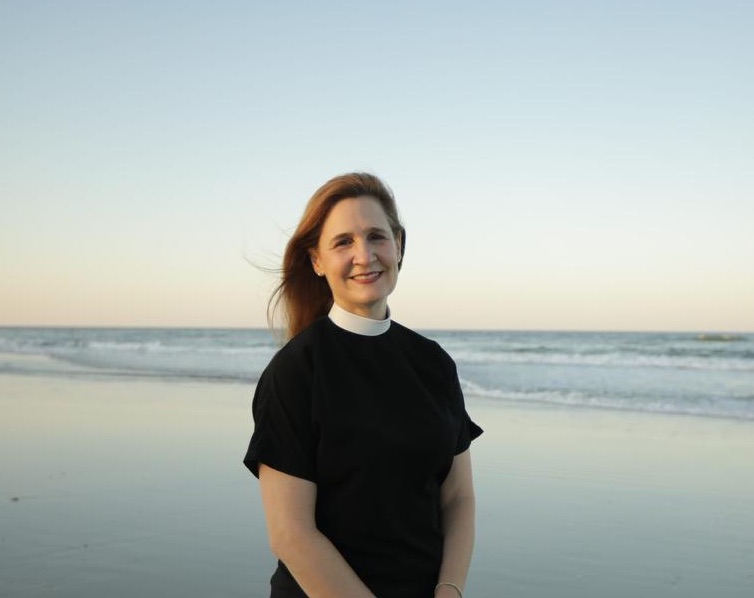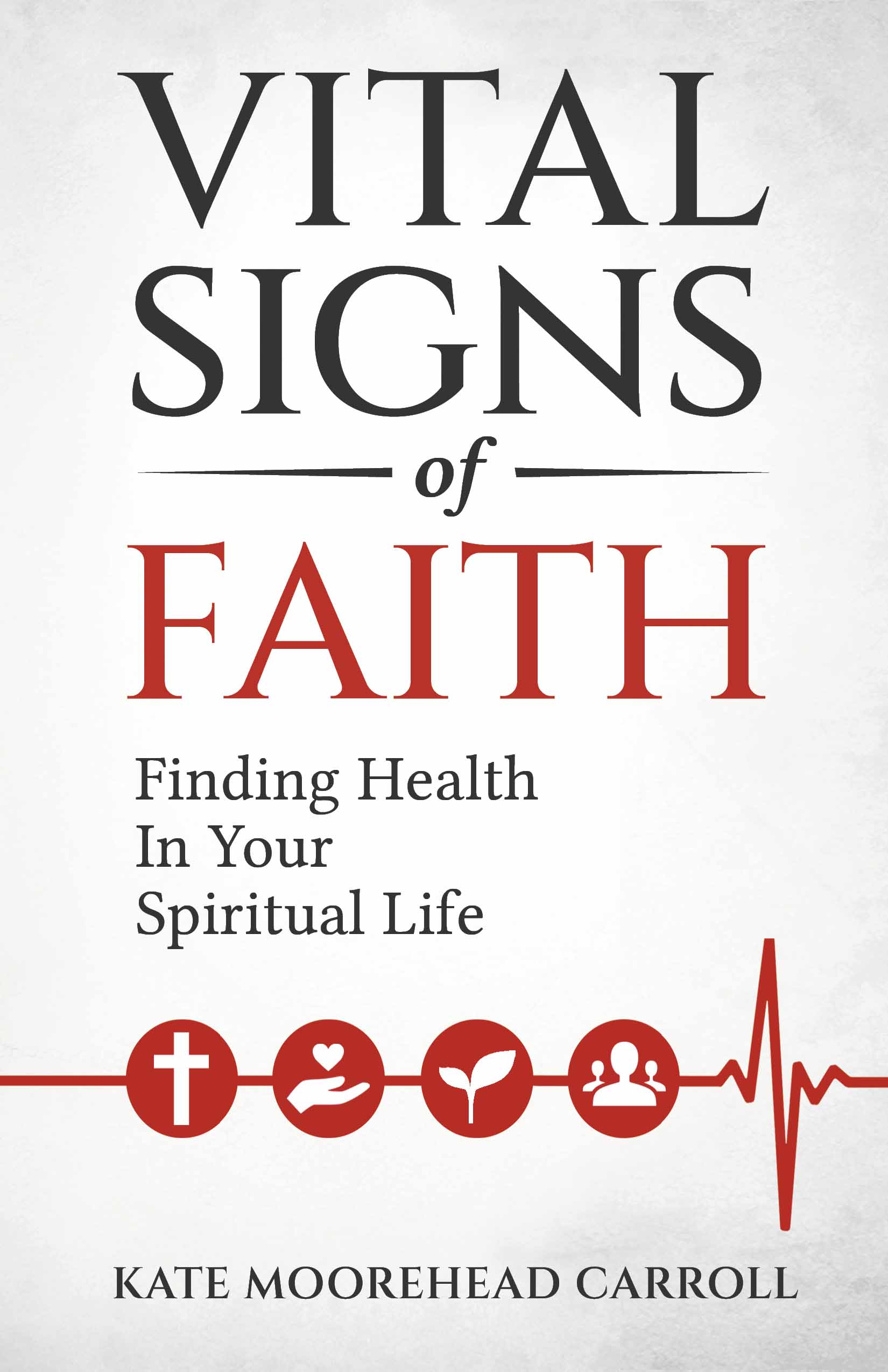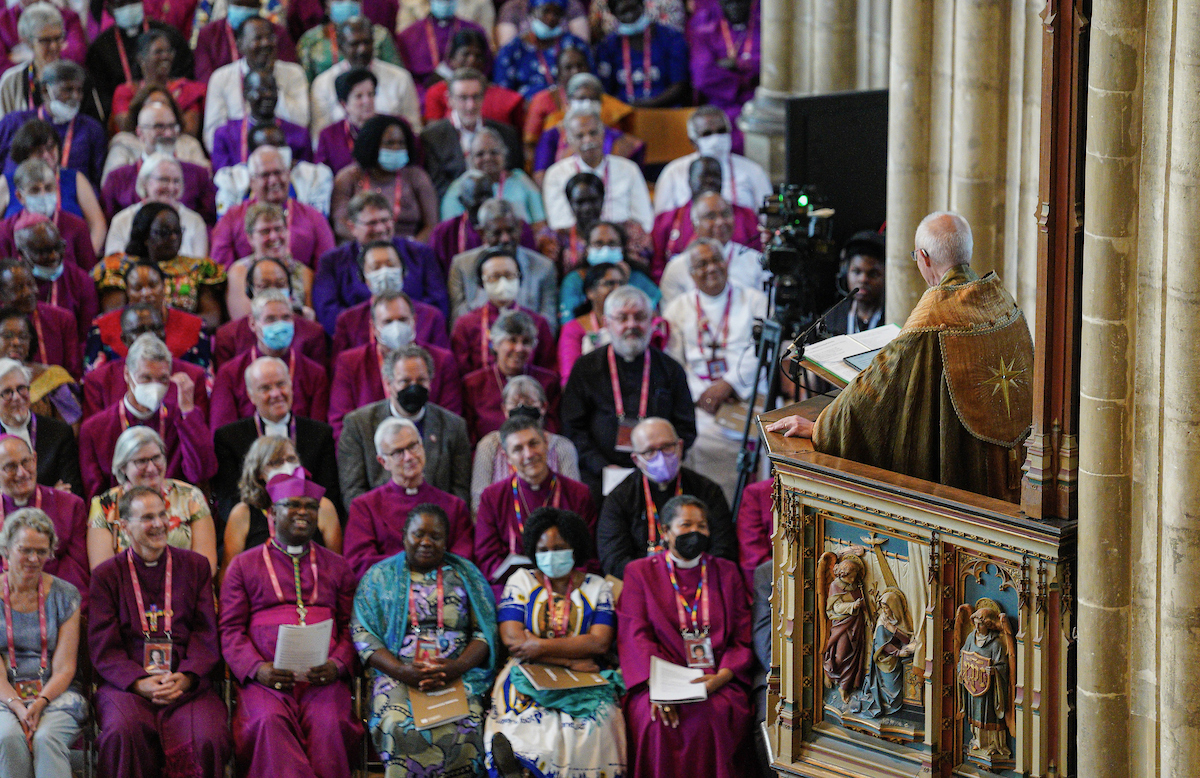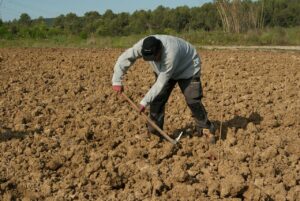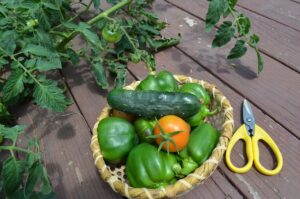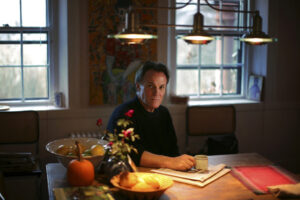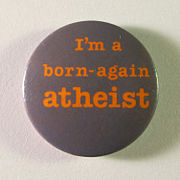Most of you already know that Lindsay Hardin Freeman is doing our free, live Good Book Club course: Examining Ruth and Esther starting this Wednesday, January 11. As of today, we have 333 people signed up to take it, and it should be extremely interesting. (If you haven’t signed up, we encourage you to do so. It will meet on six consecutive Wednesday nights at 8 p.m. E.T. starting this Wednesday. Click here to register.)
Since Lindsay will be doing this course with us, we thought it also would be a good time to update her course Let the Women Speak! For Individuals and For Groups. The course is based on her book Bible Women: All Their Words and Why They Matter, a second expanded edition of which is coming out on Feb. 1.

The women of the Bible lived in patriarchal cultures that granted them so little power that the men who ran their world regarded them as nonentities. Yet they blaze across the centuries in all their wisdom and pain, energy and intelligence, diplomacy and passion.
Tamar goes to creative lengths to deceive Judah into taking on responsibilities his sons neglected (Genesis 38).
Ruth declares that rather than abandoning her mother-in-law to despair and death, she will give up her citizenship and her place in the world to care for her — and she follows up on that promise with some serious risk-taking (The Book of Ruth).
The woman at the well has one of the lengthiest, most sophisticated conversations with Jesus of anyone in the gospels (John 4).
Joanna, Mary of Clopas, Mary Magdelene, and the other women gaze in astonishment on the empty tomb as the angels tell them Jesus has risen from death (John 19).
The women of the Bible act as powerful — and often surprising — agents of God. They influenced Christian history in powerful ways, and in this course you’ll begin to see how. Lindsay Hardin Freeman’s thoughtful, reverent, and intelligent presentations help these admirable and memorable figures come alive.
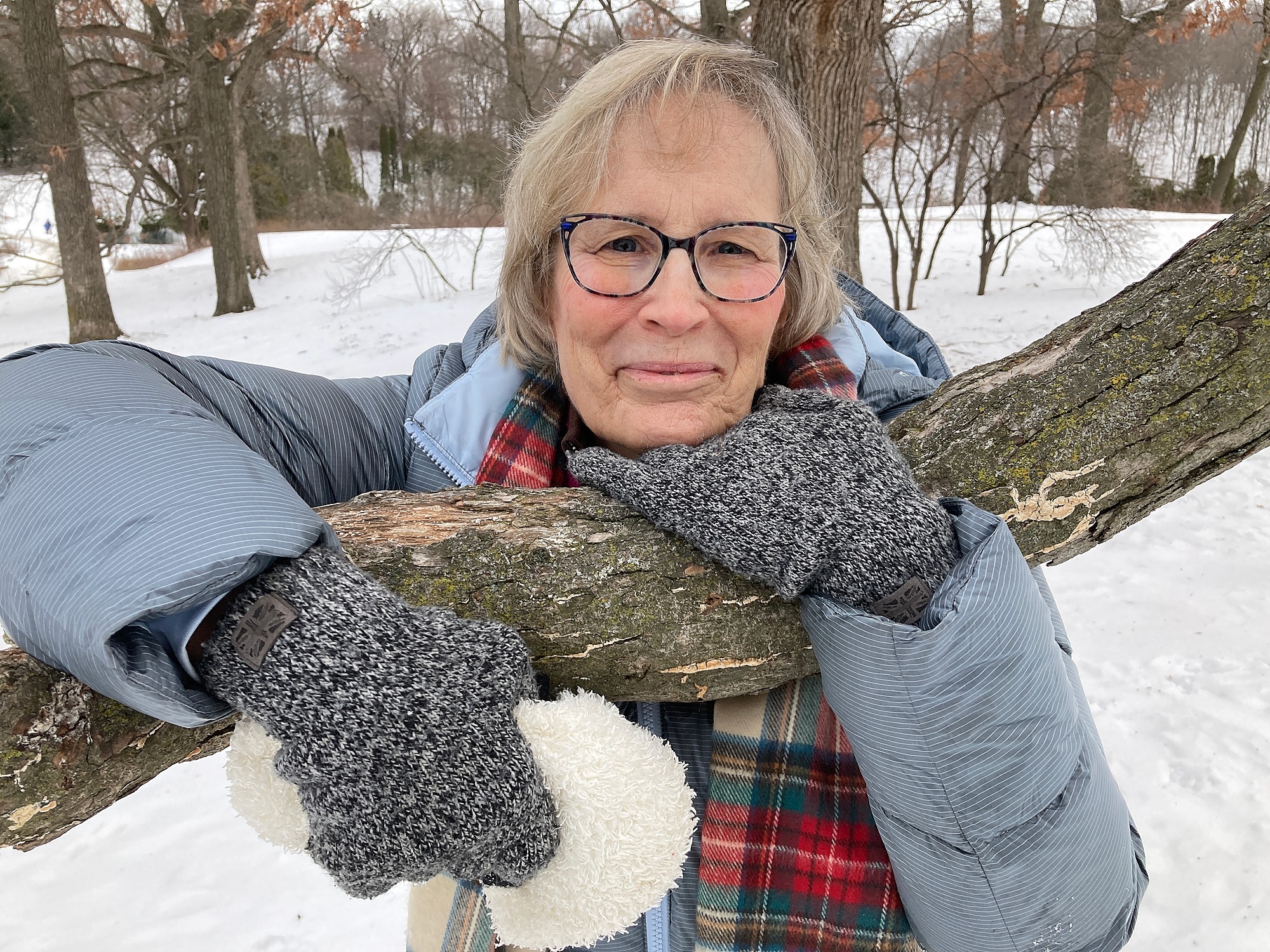 Our instructor, writer and Episcopal priest Lindsay Hardin Freeman (M.A., M.Div), has studied and written extensively on women in the Bible. She and her team of researchers were the first to count and profile all the women whose words are recorded in the Bible, resulting in the publication of Bible Women: All Their Words and Why They Matter (a second edition of which will be released in 2023). We hope you’ll find time to investigate her class on Bible women and what we can learn from them.
Our instructor, writer and Episcopal priest Lindsay Hardin Freeman (M.A., M.Div), has studied and written extensively on women in the Bible. She and her team of researchers were the first to count and profile all the women whose words are recorded in the Bible, resulting in the publication of Bible Women: All Their Words and Why They Matter (a second edition of which will be released in 2023). We hope you’ll find time to investigate her class on Bible women and what we can learn from them.
What Does “Updated” Mean?
Just as books with high-quality content need to be updated occasionally, some of our earlier courses do as well. When we relaunch a course, that means we have reviewed its video content and find that it remains strong and relevant, but the accompanying materials (introductions, discussion questions, supporting materials) could benefit from an update, either to remain consistent with what we’re doing now in terms of style or content or because references we made might have started to feel dated. When we find a good course that needs a little routine maintenance, we update it and re-launch it so you know it’s been reviewed and revised to remain current and helpful.
This course is ideal for anyone interested in women in the Bible or biblical study in general. For a course preview, please click below.

